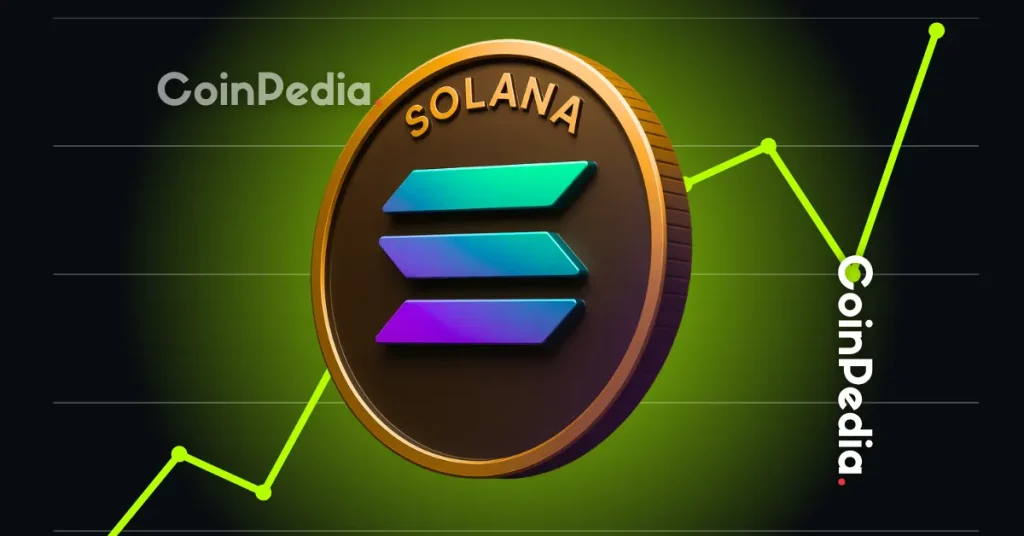
Monero (XMR), a cryptocurrency celebrated for its privacy and anonymity, is grappling with significant market challenges as regulatory scrutiny on privacy tokens intensifies.
Launched in 2014, Monero was designed to provide completely private and untraceable transactions, leveraging advanced cryptography to obscure both senders and recipients.
This level of confidentiality has made it a favored choice for those prioritizing financial privacy, distinguishing it from more transparent cryptocurrencies like Bitcoin.
However, recent developments have cast a shadow over Monero’s promising features, creating concerns about its future in the evolving crypto landscape.
Monero’s recent price performance
Despite its strengths, Monero has faced declining market activity and price volatility. The cryptocurrency surged by approximately 24% in June, even amid significant exchange delistings.
However, XMR has since fallen by over 70% from its all-time high of $542.33, which was reached in January 2018.
In the past 24 hours, Monero’s price dropped by 1.4%, even as its 24-hour trading volume increased by 82.18%.
This divergence highlights ongoing concerns about Monero’s stability and long-term growth prospects.
Challenges facing XMR
Monero’s troubles began to crystallize on February 20, 2024, when Binance, one of the largest cryptocurrency exchanges, announced it would delist XMR along with other privacy tokens.
Binance cited that these tokens no longer met their listing standards but did not provide specific reasons for their removal.
This lack of clarity has led to speculation about potential contributing factors.
In addition to Binance, Monero has also been delisted by other major exchanges such as OKX and Kraken.
The increased regulatory pressure on privacy coins is a significant factor behind these decisions.
Governments and financial institutions have heightened their scrutiny of privacy coins due to concerns that they could be used to facilitate anonymous transactions for illicit activities like money laundering or terrorism financing.
This regulatory environment may have prompted exchanges to reconsider their support for such tokens to avoid potential legal and compliance issues.
Concerns about unethical conduct also play a role. The anonymity provided by privacy coins makes them appealing to individuals seeking to engage in illegal activities.
While Binance did not directly accuse Monero of unethical behavior, the nature of privacy coins raises concerns about their potential misuse.
As a result, exchanges may opt to delist these tokens to mitigate risks associated with their use.
Other factors contributing to Monero’s challenges include perceived inactivity or lack of development within the Monero ecosystem.
Exchanges prefer projects with active development teams to ensure ongoing innovation.
Additionally, low trading volume and liquidity can undermine market efficiency, prompting exchanges to remove tokens with insufficient activity to maintain a dynamic trading environment.
Concerns about network or smart contract stability may also influence delisting decisions. Exchanges prioritize the security and reliability of supported assets, and any perceived vulnerabilities can lead to removal from trading platforms.
Despite these obstacles, XMR continues to operate on its native Monero blockchain and remains tradable on other platforms.
The future of Monero and privacy coins, in general, remains a topic of significant interest and debate within the cryptocurrency community.
As regulatory pressures mount, the trajectory of Monero will be closely watched by investors and industry observers alike.
The post Monero faces market turbulence amid increased regulatory pressure on privacy tokens appeared first on Invezz















 English (US) ·
English (US) ·